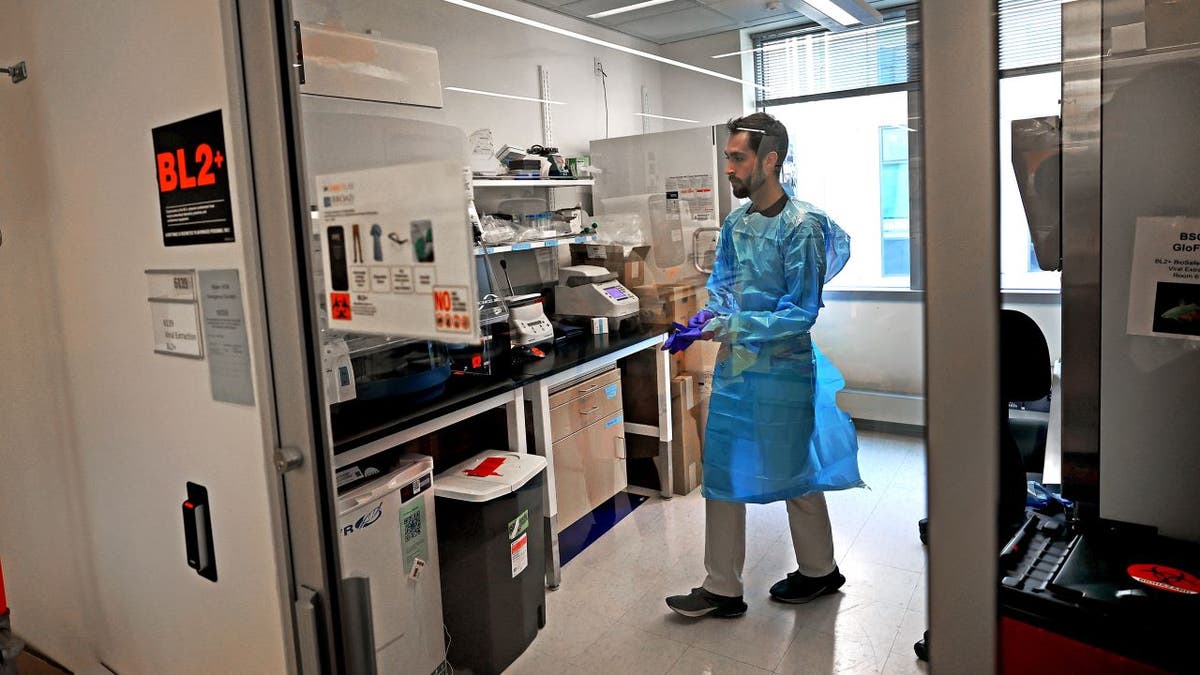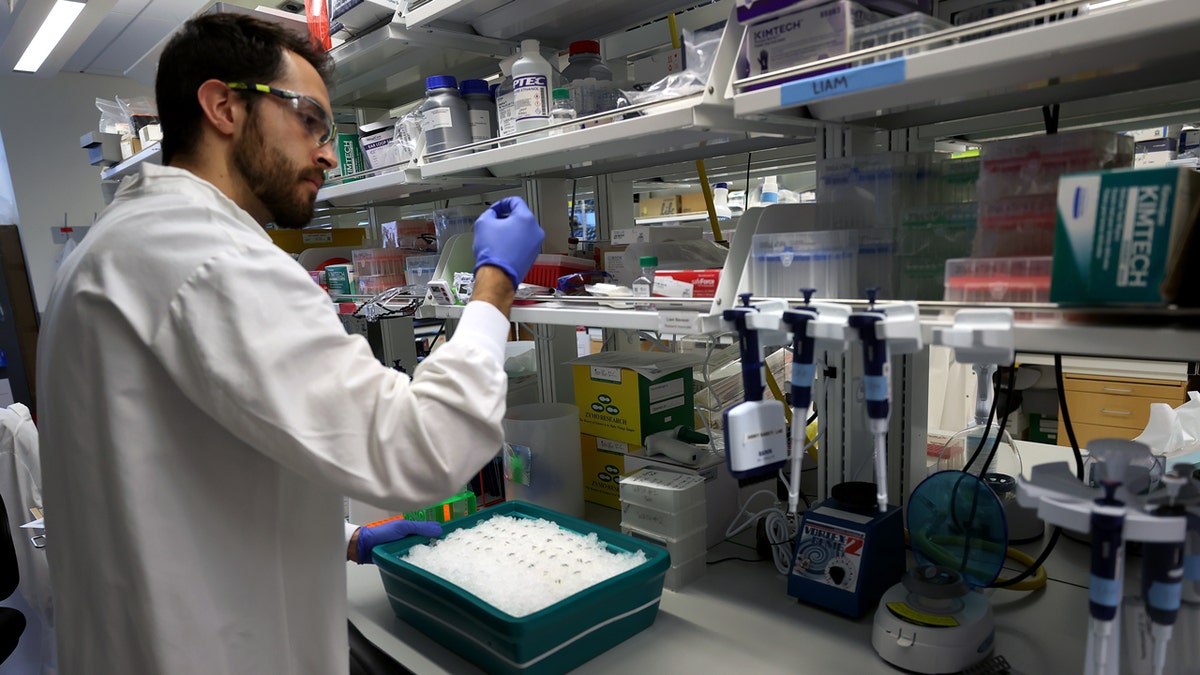CDC has issued a bird flu alert
Fox News Medical Contributor Dr. Mark Siegel talks about what to know about bird flu and why it’s important not to look directly at the solar eclipse without proper glasses.
Four people in Washington state have contracted bird flu, prompting fears the disease could spread to other farm workers in the United States.
Also known as avian influenza A (H5N1), the disease recently tested positive for four farmworkers in Washington state, according to the Washington State Department of Health (WADOH). The press release noted that the workers were working at an egg farm in Franklin County.
“Individuals experienced mild symptoms and have been given antiviral medications,” the statement said. “Testing of additional individuals at the farm is currently pending and the number of cases under investigation is subject to change.”
Washington state officials noted that the diagnoses represent “the first presumptive human cases of the H5 virus under investigation in Washington state.” In response, more than three-quarters of a million birds were killed.
3 deaths reported after outbreak of Legionnaires’ disease at senior living facility
Colorized transmission electron micrograph of avian influenza A H5N1 viruses (seen in gold) grown in MDCK cells (seen in green). (Smith Collection/Kado/Getty Images)
“Approximately 800,000 birds were euthanized on October 15 after testing results from the Washington State Department of Agriculture.
Washington state is the sixth US state to detect a human infection of H5N1, the highly pathogenic bird flu found in poultry, dairy cattle and wildlife.
Health Officials Call ‘Hotspot’ Valley Fever Out After California Music Festival

Joan Aristy Chance, PhD, postdoctoral fellow in May 2024 working in the lab to test bird flu samples.
“Washington has been closely monitoring the spread of H5N1 since it was first detected in poultry in the state in 2022, and our state is prepared with the knowledge, relationships and tools to minimize its impacts on our community,” said Washington Health Secretary Dr. Umair Shah said in a press release of WADOH.
According to WADOH, the disease occurs naturally in wild waterfowl and can spread to other birds and even mammals.
“In rare cases, avian influenza viruses infect people and make them sick,” the report said. Most cases of human exposure to avian influenza occurred after prolonged, close contact with avian influenza-infected animals or avian influenza-contaminated environments.

John Aristy Sanz, Ph.D., a postdoctoral fellow at the Broad Institute’s Sabetti Lab tests for bird flu on May 14, 2024 in Cambridge, Massachusetts. (David L. Ryan/The Boston Globe via Getty Images)
Click here to get the Fox News app
“CDC currently considers the risk to the public from this H5N1 bird flu to be low; however, people with work-related or recreational exposure to infected birds, livestock, or other potentially affected domestic or wild animals are at increased risk. Take precautions, including wearing personal protective equipment.”
